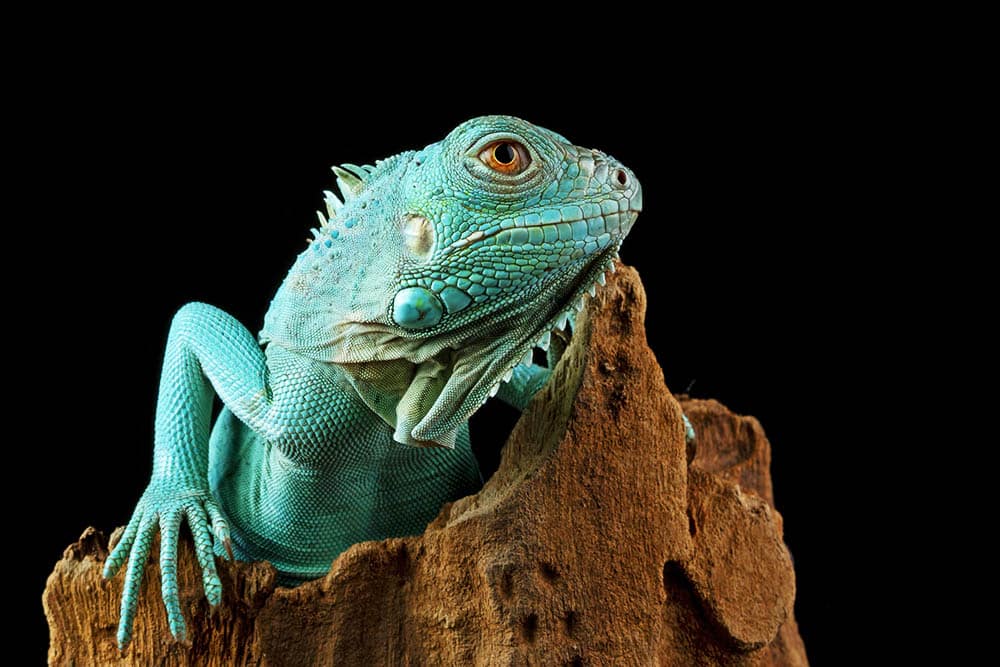Understanding the Relationship Between Animals and Sociology
As a society, we often assume that our interactions with animals are limited to our roles as pet owners or zoo-goers. However, the truth is that our relationship with animals is much more complex and far-reaching. Our attitudes towards animals have significant implications for the way we live, the structures we create, and the values we uphold as a society. Yet, sociology has long ignored this relationship, which is a mistake with serious consequences.
The Implications of Ignoring the Relationship
Ignoring the relationship between animals and sociology has profound implications for the way we conceive of ourselves and our surroundings. This ignorance creates a distorted view of society and the world. The following are some examples of the implications of ignoring the relationship between animals and sociology:
Environmental Sustainability:
Ignoring the relationship between animals and sociology is one of the key reasons why environmental sustainability has become such a pressing concern. Our disregard for the impact of industrial agricultural practices on animals and the environment has been disastrous. The overuse of pesticides and other harmful chemicals in agriculture, coupled with habitat destruction, threatens the very survival of many species, and this cycle will continue unless we make it a priority to understand the relationship between animals and our interactions with them.
Animal Rights and Welfare:
The relationship between animals and sociology is also crucial in shaping our attitudes towards animal rights and welfare. The way we view animals, whether as commodities or as sentient beings, has a significant impact on the way we treat them. In turn, this has significant implications for their welfare and the degree to which they are protected under the law. By understanding the complex relationship between animals and society, we can better grasp the importance of maintaining the welfare of animals.
Human Health:
The relationship between animals and sociology also has implications for human health. Our close interactions with animals, both domestic and wild, bring us into contact with a range of diseases, some of which can have serious impacts on human health. By failing to understand this relationship, we put both ourselves and animals at risk. For example, the unprecedented outbreak of zoonotic diseases such as COVID-19 has been caused by a disregard to the relationship between animals and human beings.
The Importance of Understanding the Relationship
Understanding the relationship between animals and sociology is critical for several reasons:
Enables Us to Make Informed Decisions:
Understanding the relationship between animals and sociology allows us to make informed decisions about how we treat animals, how we perceive them, and how they can be integrated into our lives and our society as a whole. Knowledge of this relationship is what influences policy makers to create laws that protect animals, and it is what encourages companies to adopt more sustainable practices that help to alleviate the negative impact of industrial agricultural practices.
Fosters Empathy:
Understanding the relationship between animals and sociology also fosters empathy. It allows us to better understand the experience of animals, their needs, and their desires. This understanding can translate into greater compassion for animals, and strong social support for animal welfare initiatives.
Prevents Harm:
At an individual level, understanding the relationship between animals and sociology can prevent harm. Pets, for instance, can be a great source of joy and companionship, but we need to be aware of their needs and to ensure that we give them the care they need. In situations where we encounter wildlife, this understanding allows us to take proactive measures to ensure that they are not harmed, and that we stay safe.
How to Foster Understanding of the Relationship
Understanding the relationship between animals and sociology is not just a matter of acknowledging its importance, but of actively fostering it. Here are some steps that individuals and communities can take to understand the relationship better:
Reading Widely:
One of the easiest ways to gain understanding of the relationship between animals and sociology is to read widely. There are several books on the topic, including academic texts and popular works, that can help us grasp the complexities of this relationship.
Talking to Experts:
Another way to gain understanding of the relationship is to talk to experts. There are many organizations that focus on animal welfare, animal rights, and environmental sustainability that can provide valuable insights and access related publications.
Volunteering:
Volunteering for organizations that focus on animals can be a great way to gain a deeper understanding of the relationship. Whether it is an animal shelter, a wildlife sanctuary, or an animal care organization, volunteering in such institutions will give an individual hands-on experience, helping them to understand the complexities of the relationship between animals and society.
Supporting Animal-Friendly Policies and Practices:
Individuals should also support animal-friendly policies in local communities and at the national level to create a better understanding of the relationship. It can be supporting animal welfare and environmental groups or contributing to discussions and efforts to enforce stricter laws that protect animals from abuse and neglect.
Conclusion
The relationship between animals and sociology is complex, far-reaching, and intertwined. Ignoring or minimizing the significance of this relationship is a mistake that has far-reaching and potentially catastrophic implications for the environment, human health, and the welfare of animals. To solve these problems, we must recognize the importance of the relationship, foster understanding, and take practical steps to protect animals. By doing so, we can build a more compassionate, sustainable, and ethical society for ourselves and for animals.

Deja una respuesta